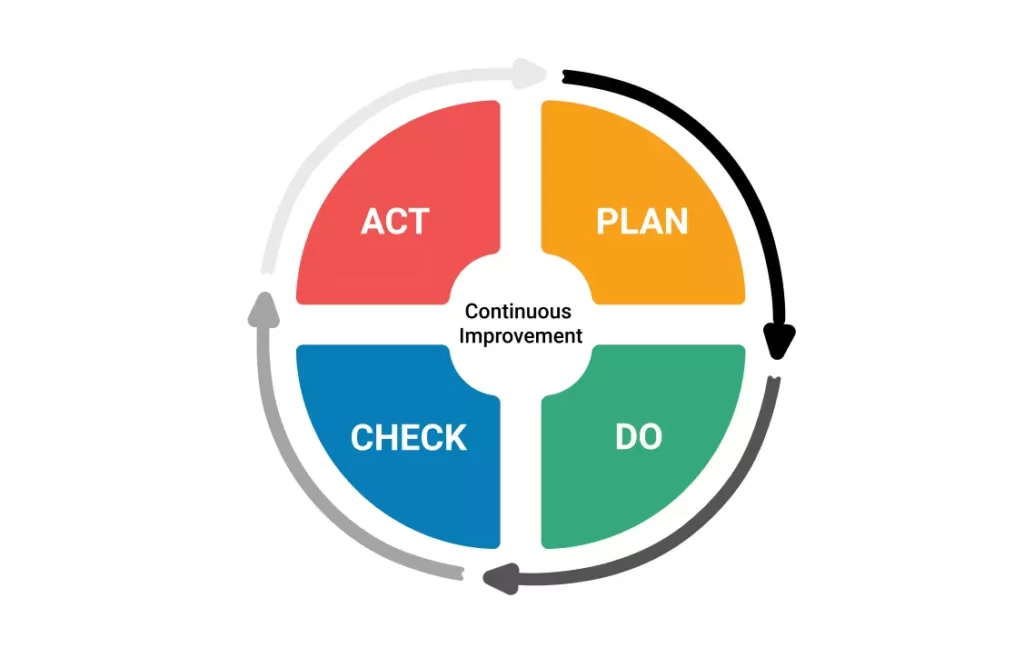The food industry standards
The food industry is one of the largest and most important industries in the world. As a result, there are a variety of food industry standards that are in place to ensure that food products are safe for consumption and meet certain quality requirements. In this article, we will explore some of the most important food industry standards that companies should be aware of.

The food industry is a critical sector that involves the production, processing, packaging, and distribution of food products to consumers. As food safety and quality have become increasingly important concerns for consumers, governments, and regulatory bodies, several international standards have been developed to ensure that food products are safe, of high quality, and meet legal requirements. The International Organization for Standardization (ISO) has developed a range of standards for the food industry that can help businesses improve food safety, quality, and efficiency, as well as comply with regulatory requirements. In this article, we will explore some of the key ISO standards for the food industry.
The most important food industry standards
- Hazard Analysis and Critical Control Points (HACCP) HACCP is a food safety management system that is designed to prevent the occurrence of foodborne illnesses. It is a preventative system that focuses on identifying potential hazards in the food production process and taking steps to eliminate or reduce those hazards. HACCP is based on seven principles, which include conducting a hazard analysis, establishing critical control points, and monitoring the system’s effectiveness.
- ISO 22000 ISO 22000 is a food safety management standard that is based on HACCP principles. It is a globally recognized standard that provides a framework for food safety management systems. The standard includes requirements for food safety policy, hazard analysis, implementation of controls, and management review. Companies that obtain ISO 22000 certification demonstrate a commitment to food safety and quality management.
- ISO/TS 22002-1 is a technical specification that provides specific requirements for prerequisite programs (PRPs) for food safety in the food manufacturing industry. PRPs are basic food safety programs and activities that are necessary to maintain a hygienic environment throughout the food chain. The technical specification covers the following areas: construction and layout of buildings, equipment, and facilities; cleaning and sanitation; pest control; waste management; water supply; and personnel hygiene. Implementing ISO/TS 22002-1 can help businesses comply with regulatory requirements, improve food safety, and increase customer confidence.
- Good Manufacturing Practices (GMPs) GMPs are a set of standards that are designed to ensure that food products are manufactured, processed, and packaged in a safe and hygienic manner. GMPs cover a range of areas, including personnel hygiene, facility cleanliness, equipment maintenance, and record-keeping. Compliance with GMPs helps to prevent contamination and ensure the consistent quality of food products.
- Global Food Safety Initiative (GFSI) GFSI is a collaboration between some of the world’s leading food safety experts, which includes retailers, manufacturers, and food service companies. The initiative aims to improve food safety by benchmarking existing food safety standards against a set of recognized criteria. Companies that achieve certification against GFSI-recognized standards, such as SQF, BRC, or FSSC 22000, can demonstrate that their food safety management systems meet global best practices.
- Codex Alimentarius Codex Alimentarius is a collection of food safety and quality standards that are developed by the United Nations’ Food and Agriculture Organization (FAO) and the World Health Organization (WHO). The standards cover a wide range of food products, including fruits and vegetables, meat, and dairy products. Codex standards are not legally binding, but many countries use them as a basis for their own food safety regulations.
Conclusion
In conclusion, the food industry is subject to a wide range of standards and regulations, all of which are designed to ensure that food products are safe for consumption and meet certain quality requirements. Companies that comply with these standards can demonstrate their commitment to food safety and quality management, which can help to maintain a competitive advantage in the industry. By understanding the importance of these standards, companies can take steps to ensure that their products meet the highest levels of safety and quality.


